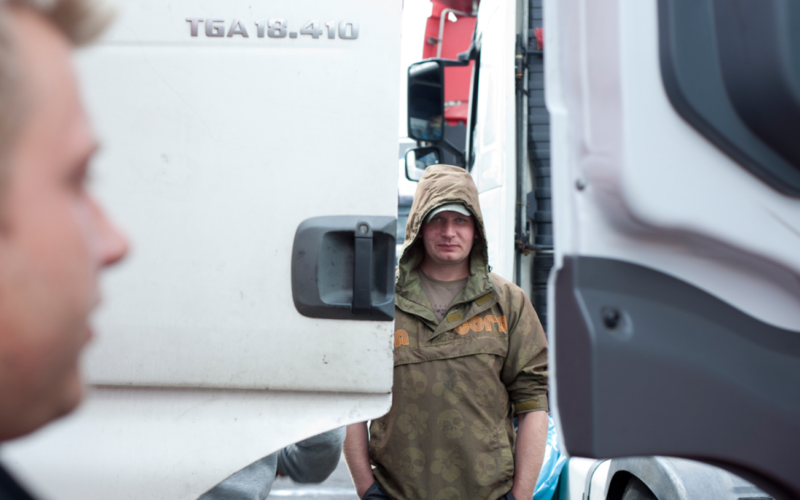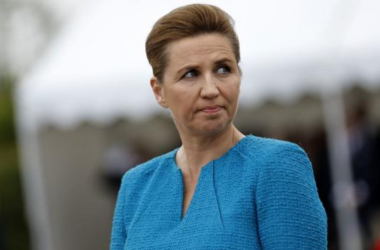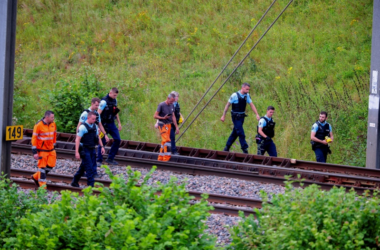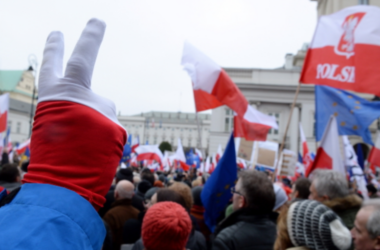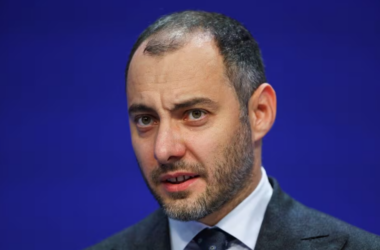The monthslong border blockade led by Polish truckers is beginning to have consequences for Ukrainian soldiers stationed in the frozen trenches, defending against persistent Russian assaults. This disruption, caused by the ongoing protest, is further complicating an already challenging situation for frontline troops engaged in fierce battles.
The blockade, initiated by Polish truckers since November 6, is causing delays in critical supply deliveries to Ukrainian soldiers. One soldier, Oleksandr, fighting in eastern Ukraine, highlighted the impact on his unit, which is awaiting the delivery of vital night vision devices essential for navigating safely to fighting positions. Oleksandr criticized the blockade, expressing concern that such actions could jeopardize lives during a full-scale invasion.
At its core, the dispute leading to the blockade revolves around grievances from Polish truckers regarding cut-rate competition from Ukrainian drivers. Issues such as differing rules on working hours and wages, as well as perceived unfair treatment by Ukrainian customs officials, have fueled tensions. The demand from Polish truckers for the reinstatement of a permit system for Ukrainian counterparts, lifted after the Russian invasion of Ukraine, remains a contentious point.
As the blockade enters its second month, it has expanded, with Polish farmers blocking additional crossings, and Slovakian haulers, along with Hungarian truckers, joining the protest to obstruct main crossings. The total number of stranded trucks on both sides of the Polish border, as well as at the Slovakian and Hungarian borders, is estimated to be significant. Despite efforts by Ukrainian and European authorities to address the situation, a resolution remains elusive.
The prolonged blockade is expected to contribute to a 1 percent drop in Ukraine’s projected economic growth in 2023. Yulia Klymenko, head of the Ukrainian Parliament’s transport and infrastructure committee, emphasizes the disruption of supply chains, affecting not only civilian businesses but also military equipment production. Diplomatic initiatives, including joint meetings with Polish authorities by ambassadors from Lithuania, Latvia, and Estonia, underscore the urgency to find a solution.
The inability to resolve the blockade is compounded by internal politics in Ukraine, neighboring countries, and aggressive Russian propaganda. The involvement of far-right groups and the exploitation of the situation by Russia add complexity to the geopolitical landscape. The frustration of Polish truckers, driven by understandable economic concerns, is further complicated by the ongoing power transition in Poland.
While the economic and geopolitical implications are profound, the blockade’s impact on humanitarian aspects is notable. Ukrainian soldiers coordinating aid efforts express bewilderment at the actions of countries considered allies during a critical juncture in the war. The sentiment among soldiers is that the blockade may play into Russia’s hands, jeopardizing Ukraine’s struggle against Moscow’s aggression.
The Polish truckers’ protest, evolving into a prolonged blockade, is significantly affecting Ukrainian frontline operations. The disruption in crucial supply chains, coupled with the broader economic and geopolitical ramifications, underscores the multifaceted challenges faced by Ukraine. The ongoing diplomatic efforts and negotiations reflect the urgency to find a resolution and mitigate the impact on both military and civilian aspects of Ukrainian life.




